BANZAI7 OPINION--I thought AIG's latest Emergency CEO Robert Beanmush was the biggest tone deaf douche bag swinging around Wall Street these days. Watching Goldman Squid's performance this past week, I am having second thoughts.
The Right Dishonorable Lord Griffiths' (Vice Chairman of Goldman Squid International) remarked:'We have to accept that inequality is a way of achieving greater opportunity and prosperity for all'. This jolly good fellow just might be the new King of Wall Street douche bags.
Not a very savy thing to say in the middle a popular backlash.
There is so much being written and produced about Goldman Squid at this moment you would think that the marching orders would be to lie low instead of low lie.
Here are two more intriguing writings
IMPERIALISM GOLDMAN SACHS STYLE
Sooner or later, the Financial Crisis Inquiry Commission, created by Congress to investigate the causes of the recent and ongoing financial crisis, will no doubt examine the technical aspect of the financial collapse — low interest rates, credit default swaps, derivatives, cheap mortgages that ballooned and other factors that almost wrecked the global economy.
Probably among the many things the commission members will not do, however, is read “The Origins of Totalitarianism,” the 1951 book by the German-born political theorist Hannah Arendt, which at first glance would seem to be utterly detached from a crisis that took place more than three decades after the author’s death.
http://www.nytimes.com/2009/10/22/us/22iht-letter.html?em
GOLDMAN SACHS AND WAR PROFITEERING
The prospect of Goldman Sachs awarding record bonuses in the wake of the financial collapse has the potential to incite a broad-based populist backlash, argues Martin Sieff. He explores how Wall Street has roused the public's ire in much the same way as did war profiteers in 1920s Weimar Germany.
http://www.theglobalist.com/storyid.aspx?StoryId=8077
But, like the folks at Monkey Business Blog, this is my favorite piece of scholarly economic punditry:
Subscribe to:
Post Comments (Atom)














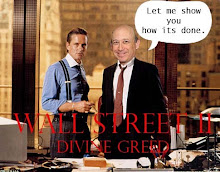




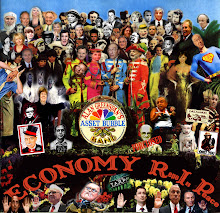









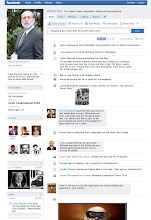

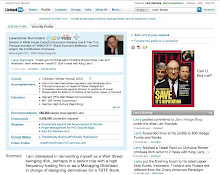




.jpg)



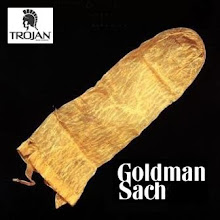








No comments:
Post a Comment